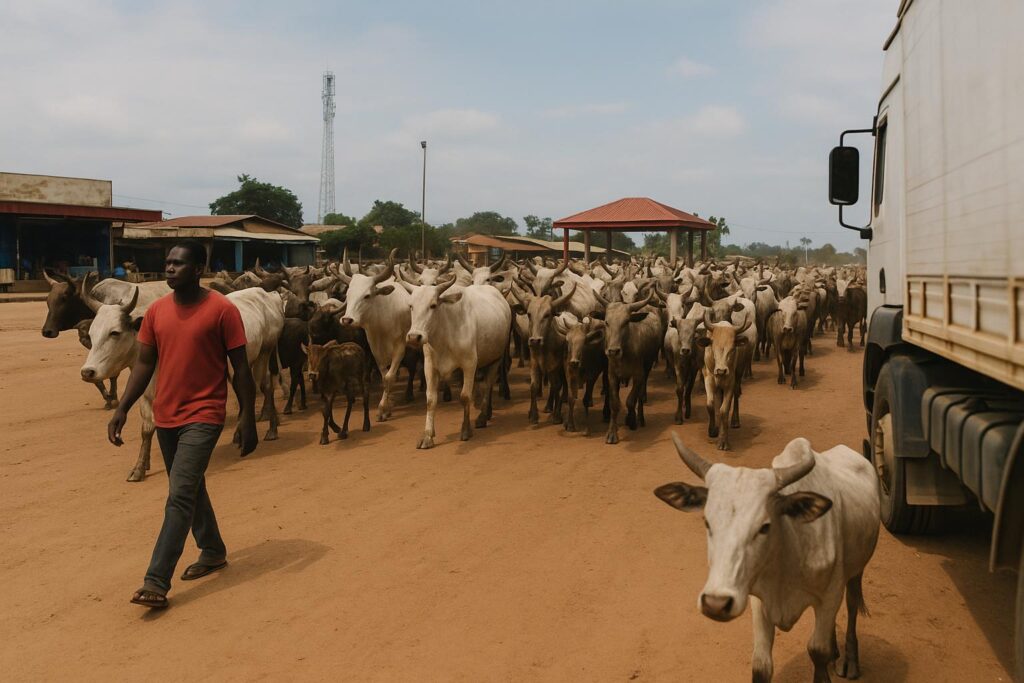Presidential order reshapes grazing practice
A landmark cattle-migration conference in Juba closed with delegates accepting ten binding resolutions aimed at easing long-running tensions between herders and farmers across Central Equatoria.
Foremost among them is the enforcement of President Salva Kiir’s directive ordering pastoralists to return to their ancestral states, a move officials say will calm crowded grazing corridors and free farmlands.
Governor Mujung calls for swift action
Closing the forum on 30 September, Central Equatoria Governor Emmanuel Rabi Mujung urged county commissioners and traditional chiefs to ‘transform commitments into actions’ before the next planting season.
He warned that delayed implementation could erase months of dialogue, adding that security teams will track compliance village by village.
Ten resolutions target conflict drivers
Delegates endorsed a nationwide audit of burial grounds, hoping to prevent disputes sparked by grazing on sacred sites.
Other measures include fresh awareness campaigns promoting coexistence, tighter seasonal calendars for livestock movements, and a proposed policy framework to harmonise state laws on animal health and transit.
Support from peace-building partners
The State Ministry of Peacebuilding partnered with the Community Empowerment for Progress Organization and the International Organization for Migration to fund the three-day talks.
CEPO’s Edmund Yakani called the outcome ‘a model for grassroots mediation’ while IOM officials pledged logistical backing for herders relocating voluntarily.
Communities prepare for next steps
Local chiefs in Terekeka and Lainya counties say joint committees will start mapping return routes before the November dry season.
Youth leaders, traditionally first responders in cattle raids, have been tasked with monitoring social media for rumours that might inflame tensions.


